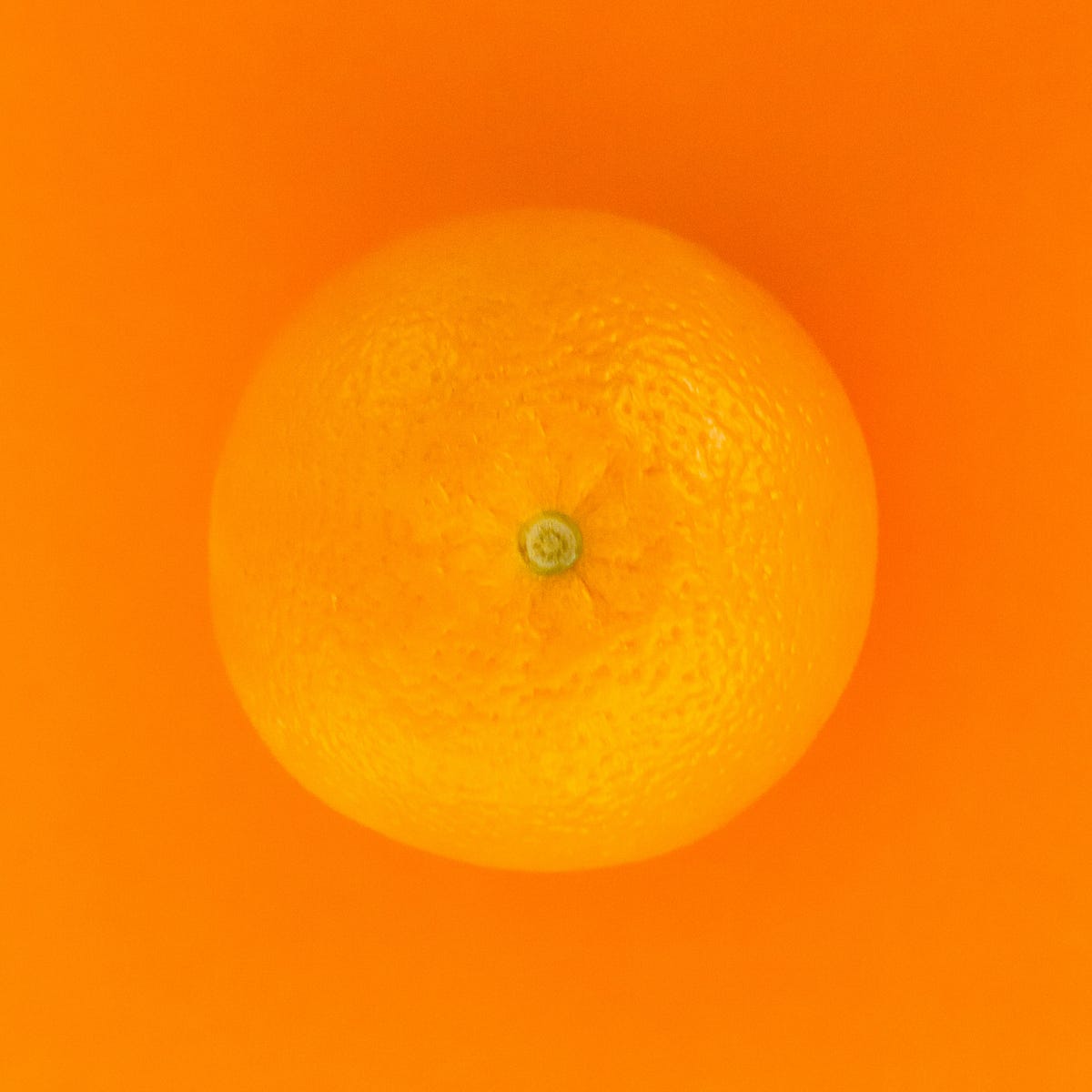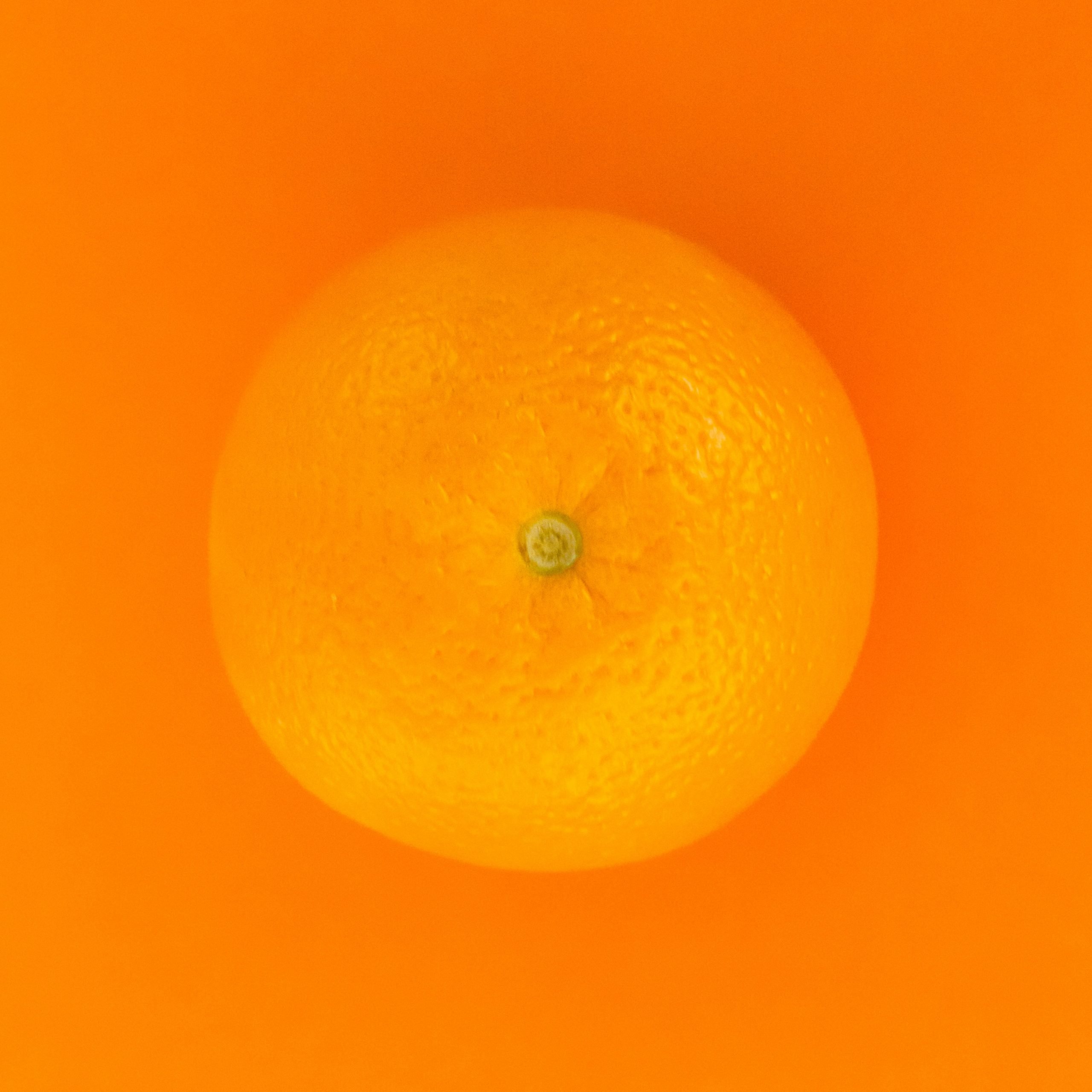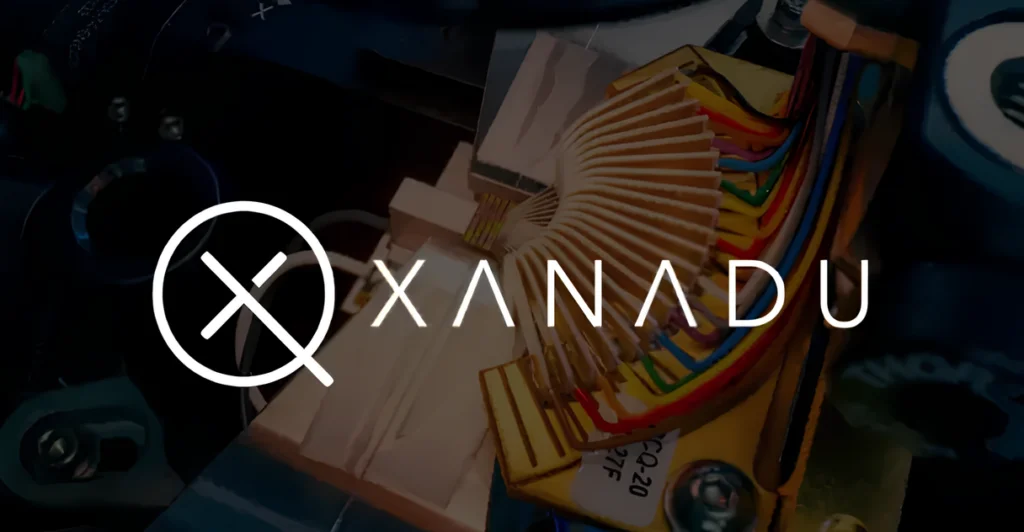
Tulips & Clogs
For a small, low-lying country of 17 million, famous for its liberal views, tulips, painters, marijuana cafes, Johan Cruyff, and clogs, the Netherlands (or Holland to most Anglophones) hasn’t done too badly on the world stage when it comes to the things and events that have changed the history of humanity.
I mean, it’s definitely punched well above its weight. Oh, and before I forget: it’s where commerce really kicked off the global economy in the early 1600s with the Dutch East India Company.
In the sciences, too, the Dutch have held their own on the world stage. Just check out these inventions for a moment if you will:
— The optical telescope (1608)

— The Magic lantern image projector (1659)
— Huygen’s eyepiece (the 1670s)
— The Leyden jar (the mid-1740s)
— Phase-contrast microscope (1933)
— Traffic enforcement camera (1958)
— Stochastic cooling (1968)
— Dijkstra’s algorithm (1956)
— Shunting-yard algorithm (1960)
— The programming language ABC (the 1980s)
These achievements span three hundred years.
The country also has some top-class research institutes: the Delft University of Technology, Eindhoven University of Technology and Wittenborg University of Applied Sciences.
When the country comes to quantum technologies, they are no couch potatoes, either:
ApexQubit, Delft Circuits, Qblox, Qu & Co, and QuiX represent the Netherlands in the QC startup ecosystem.
Joining them now is Orange Quantum Systems, established in April of this year as a spinout of Qutech, which is a collaboration between TU Delft and the Netherlands Organisation for Applied Scientific Research (TNO) founded in 2014. A consultancy firm, Orange Quantum Systems ‘offers setups for research into quantum computing.’
Orange Quantum Systems
The Dutch startup’s founding members are Thorsten Last, Garrelt Alberts Adriaan Rol, Amber Van Hauwermeiren, and Kelvin Loh.
Enabling the Future of Quantum Computing
— Orange Quantum Systems
Engineer Thorsten Last, who gained a Ph.D. in device physics, nanoelectronics and spintronics from the Ruhr University Bochum in 2006, is the startup’s systems engineering head.
Head of operations and strategy is Adriaan Rol. With a PDEng from the University of Twente, he has a strong engineering background, as well as proven project management credentials.
With a Ph.D. in superconducting quantum systems, Adriaan Rol’s remit covers systems architecture. Interestingly, he has his own blog, adriaanrol.com, which is where he discusses his personal views on QC, design and leadership. TQD highly recommends it.
Computational scientist and software engineering specialist at Orange Quantum Systems is Kelvin Loh. An aerospace engineer by training, he obtained an MSc in applied mathematics from the Delft University of Technology in 2014.
The last link in the quantum chain is head of business development Amber Van Hauwermeiren, a Belgian and the youngest member of the team. With an MSc from Delft University of Technology in aerospace engineering, he is also an entrepreneur, having co-founded the automated coating company Qlayers BV in 2017.

Orange Quantum System’s core service is its Quantum Computing stack. According to the startup’s website, the service will:
be co-developed with our partners that have the same ambition as Orange QS: to build the first kilo-qubit system in the world. We expect that a kilo-qubit quantum processor with high-fidelity operations is capable of outperforming classical computers on useful computations. Orange QS will orchestrate the required R&D efforts in such a way that component suppliers can benefit from the backbone’s system architecture. The architecture will be modular, standardized, and will provide suppliers with the clear benefit of developing components that perform perfectly in the complete system.
Recent news from the startup is Adriaan Rol’s attendance at the Quantum Inspire Launch, an event where Dutch Minister of Education, Culture and Science Ingrid van Engelshoven, along with Eurocomissioner Mariya Gabriel, launched Europe’s first public quantum computer.
This news is music to the ears of the Dutch QC community, along with their wider European partners. The race is on to see who will be first in building a quantum computer that can scale, both in terms of cost-efficiency, qubit error rate and other factors.
Luckily for Orange Quantum Systems, the consultancy business in the QC industry is at a nascent point in its history. TQD can name them on two hands: Entanglement Partners, Chicago Quantum, our partners h-Bar Consultants, Q&I, Quacoon, Quantika, Quantum Phi, QURECA, and Sigma-I (if I’ve forgotten anybody, sorry). A number of these are doing more more strategy work but there’s not that many similar players out there!
This is all well and good — but what happens when the big boys of the consultancy world really start taking it seriously: Bain & Company, BCG, Booz Allen Hamilton, and McKinsey with their riches on the scale of Mansa Musa I of Mali, their never decreasing pockets able to hire the best data scientists, the best researchers and the best journalists on the planet. That’s even before talking about their vast experience in the industry, of the gazillion upon gazillion data entries they have accumulated over the decades.
Can you smell acquisitions, takeovers?
















